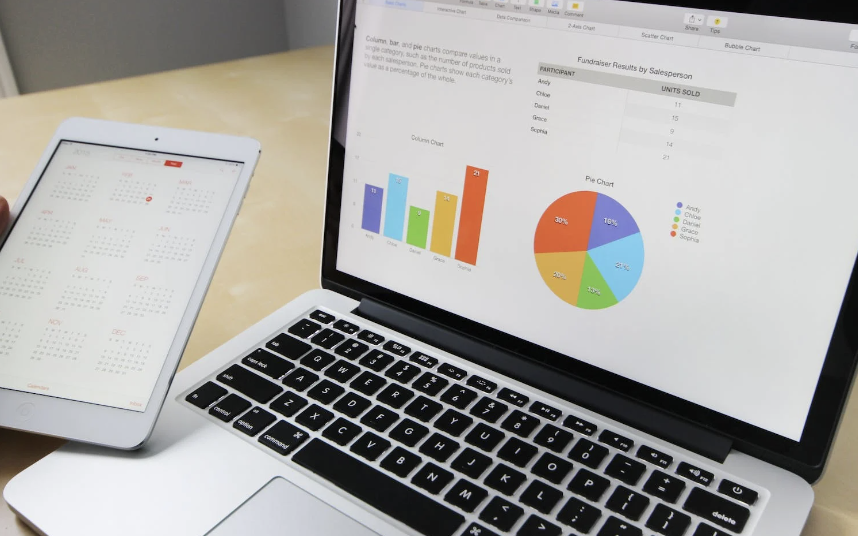What is DeFi?
Decentralized Finance (DeFi) is built on the peer-to-peer principle, which eliminates the need for intermediaries in the system. By relying on peer-to-peer philosophy and self-executing “smart contracts” on the blockchain network, DeFi democratises finance and replaces traditional centralised institutions such as banks, brokerages, and NBFCs (Non-Banking Financial Companies). DeFi operates on the blockchain network using smart contract technology with no human interaction. This decreases the risk of mistakes and increases efficiency.
How Does DeFi Work?
A DeFi protocol makes use of computer code known as smart contracts, which operate on the blockchain network. The source code for the majority of DeFi projects is available for anyone in the world to see and audit. Users of the DeFi protocol can communicate with these smart contracts via their wallets to transfer funds, borrow, lend, or use any of DeFi’s services.

DeFi ventures on the blockchain network offer simple and inexpensive access to capital, as well as efficient lending and borrowing, as well as decentralised crypto and synthetic stock exchanges. Furthermore, DeFi eliminates middlemen, allowing for more efficient and cost-effective financial services. Because DeFi operates on a blockchain network and is generally open source, anyone with an internet connection may monitor, audit, and view all transactions. Blockchain data is immutable, which means it cannot be changed once it is on the blockchain network. This results in a trustless financial system based on code.
The Rising Popularity of DEX
DeFi businesses do not need intermediaries or custodians to offer services like buying, selling, lending, and borrowing of crypto assets, in contrast to centralised financial services like traditional banking. DEX users can carry out trades or access services by interacting directly with the blockchain protocol. Since it has the first-movers advantage in providing an infrastructure that enables developers to create such decentralised applications, the majority of DeFi projects are built on the Ethereum blockchain network. However, as they develop, new blockchain networks like Solana, Cardano, Polkadot, etc., are making the DeFi market more competitive.
DEXs and DeFi projects are slowly developing into a profitable choice for SMEs and start-ups in the global fintech market, despite being fairly complex with a steep learning curve. DeFi and DEXs change the landscape of traditional financial systems because they have lower entry barriers than traditional finance, making it easier to access cheaper credit and simple lending and borrowing activities.
Extending to The Insurance Industry
One of the most significant DeFi use cases has been in the insurance business. While the current insurance system is plagued by complicated audit systems, paperwork, and cumbersome claims procedures, the use of smart contracts might significantly improve its efficiency. Nexus Mutual, Opyn, and VouchForMe are DeFi ventures that provide insurance coverage for bitcoin on the blockchain network. DeFi ventures such as PoolTogether, Dharma, and Argent have provided alternative options for risk-free savings and investing through no-loss saving mechanisms.

For example: To produce, store, or trade value, digital assets are being tokenized in the form of NFTs. The emergence of DeFi-based prediction platforms, where users can trade value by projecting the outcome of future events, has resulted from the increased usage of DeFi.
Revolutionizing The Gaming Industry
DeFi, through platforms such as Augur, enables people to put wagers on global events. DeFi technologies are also being used in gaming and eSports. DeFi tokens can now be used by game developers for in-app purchases and loot box features. Collectible and trading games have grown in popularity on blockchain due to their ability to allow players to trade unique tokens and allow developers to construct their own ecosystems and economies.
